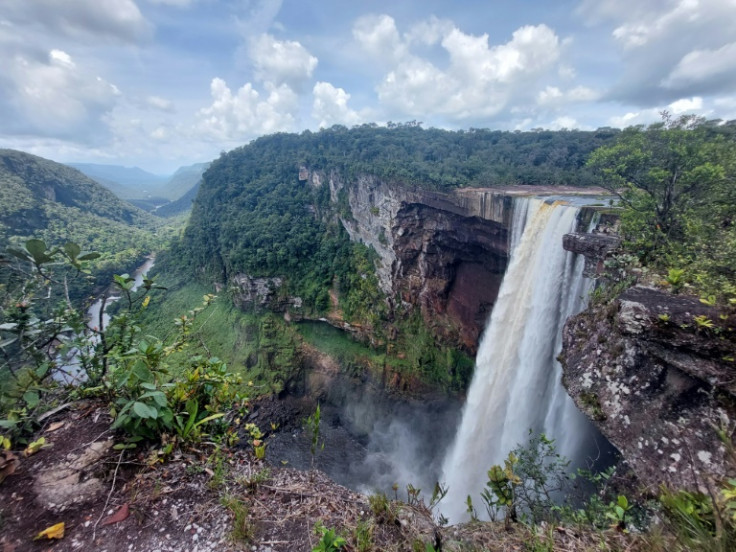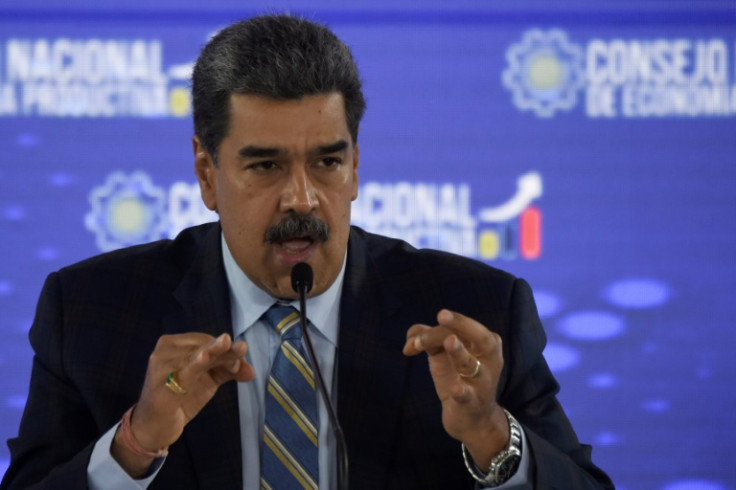
Guyana and Venezuela made respective gestures aimed at easing tensions between each other, as the countries continue their dispute over the Essequibo region, controlled by the former but also claimed by the latter.
On the one hand, Venezuelan President Nicolas Maduro conveyed his "great respect" for his Irfaan Ali, said Guyana's Ministry of Foreign Affairs on Wednesday following a meeting between Maduro and Guayana ambassador Richard Van West-Charles.
On the other hand, a Guyana official said that the country won't approve oil exploration in waters near Venezuela at least until the International Court of Justice (IJC), the United Nation's highest court, rules on the countries' borders.
Caracas rejects the court's authority, but Guyana will restrict its activities in the disputed area to avoid further inflaming tensions, Natural Resources Minister Vickram Bharrat told Bloomberg in an interview.
Earlier this month, Venezuela had vowed a "forceful response" if oil drilling should begin in the area. Venezuelan Defense Minister Vladimir Padrino wrote on X that while ExxonMobil may have the protection of the United States and Guyana, "in the maritime space that rightfully belongs to Venezuela, they will receive a proportional, forceful response that adheres to the law."
ExxonMobil -- which discovered the massive crude reserves off Guyana in 2015 -- announced that it planned to drill two exploratory wells this year off the coast of Essequibo, which has been administered by Guyana for more than a century.
In December, Venezuelan President Nicolas Maduro called a controversial non-binding referendum that overwhelmingly approved the creation of a Venezuelan province in Essequibo, sparking fears of a military conflict in largely peaceful South America.

Tensions lowered after a meeting between the countries' foreign ministers in Brazil in January, following earlier face-to-face talks between Maduro and Guyana President Irfaan Ali, who agreed not to resort to force.
Observers went back to being on edge not long after, however, after a report showed an increased military presence by Venezuela along the border. Concretely, it showed that the Maduro government moved light tanks, missile-equipped patrol boats and armored carriers to the area.
The report, published by the Center for Strategic and International Studies, said that the Venezuelan military's intentional information operation targeted external audiences, including the Guyanese government, raising concerns about the sincerity of Venezuela's commitment to diplomatic resolution.
But the U.S. government downplayed the movement, saying they were of a "very small nature and size and scale and scope." "We continue to urge a peaceful resolution to this. And, obviously, we're going to continue to watch it closely," said Biden administration spokesperson John Kirby.
© 2025 Latin Times. All rights reserved. Do not reproduce without permission.





